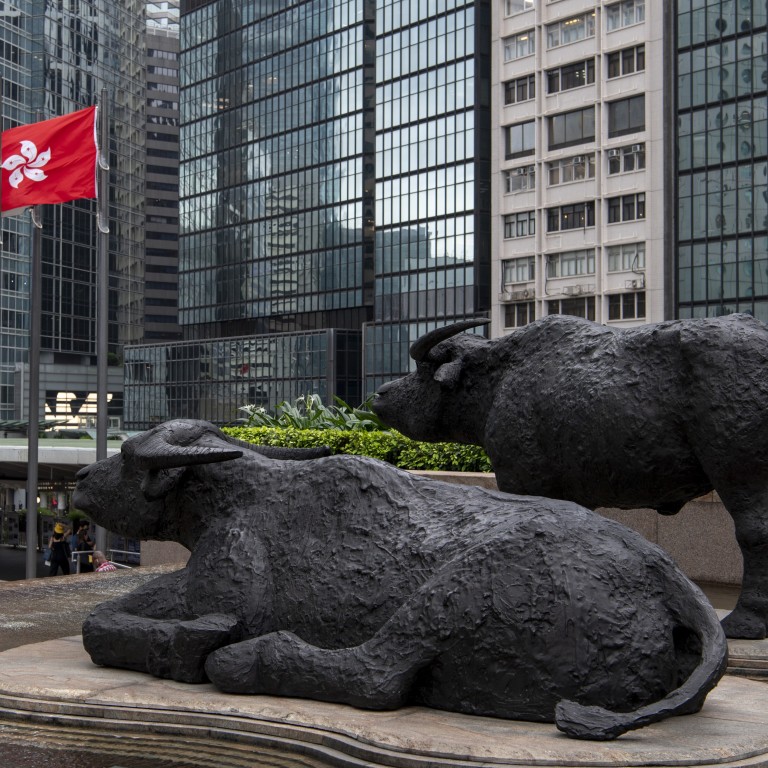
Coronavirus recovery: hedging and market volatility show flaws in bullish narrative
- While equity markets hail a rebound in economic activity and tech sector resilience, bond markets fear a severe Covid-19 shock driven by a spike in infections
- If markets were really confident about the strength of the rise in economic activity, investors would not be hedging so aggressively against further turmoil
The rally in global stock markets, which rebounded spectacularly following the dramatic pandemic-induced sell-off in March, is flagging. The MSCI All-Country World Index, a gauge of global equities, is up just 1 per cent since June 8. Even the CSI 300, which last week enjoyed its best run in five years, is losing momentum as foreign investors dump Chinese shares at a record pace, according to the Financial Times.
Bank of America’s latest fund manager survey, which was published on Tuesday, found that 72 per cent of respondents anticipated stronger global growth, the highest percentage since January 2014. Technology stocks were cited as the most popular trade-in markets by nearly 75 per cent of those surveyed, the highest share in the poll’s history.
Yet, while investors pile into tech stocks, they are also parking their cash in traditionally safer parts of the market. Demand for government debt has surged since the pandemic erupted. The yield on the benchmark 10-year US Treasury bond has fallen 1.3 percentage points this year to 0.6 per cent, a whisker above its all-time low.
Investors must not ignore the dark cloud looming over Asia’s economies
Both narratives cannot be right. The question is which one is a better gauge of underlying sentiment and a more accurate predictor of economic trends.
In a sign of how well equities have performed, the tech-heavy Nasdaq Composite Index has delivered the strongest returns this year, up 17 per cent, compared with a 10 per cent rise for US Treasuries, according to JPMorgan data.

Even stock markets are sending mixed signals. Not only have most of this year’s gains been driven by a small group of tech stocks, levels of volatility remain elevated. All this suggests that the bearish signals from bond markets are more credible.

02:35
‘I’m a little upset with China’, some of Trump’s more memorable quotes on the coronavirus pandemic
Second, markets continue to underestimate the challenges in living with Covid-19. Kaplan has said massive stimulus can do little to help combat the virus if many Americans refuse to wear face masks.
Third, unprecedented levels of monetary and fiscal support across the globe, while necessary to boost demand, are causing a dramatic increase in public indebtedness in advanced economies. This will act as a further drag on growth in the coming years. It could also lead to a fiscal crisis if markets lose confidence in the sustainability of countries’ public finances.
Bond markets may be too pessimistic about the global recovery. Even if that is the case, though, equity investors’ own misgivings about the strength of the rebound are proof enough that the signals from debt markets are more reliable.
Nicholas Spiro is a partner at Lauressa Advisory

